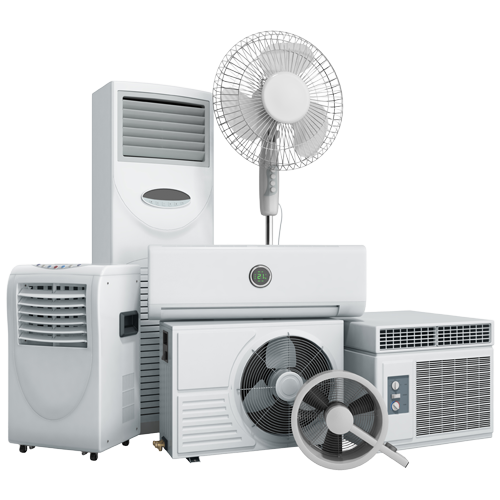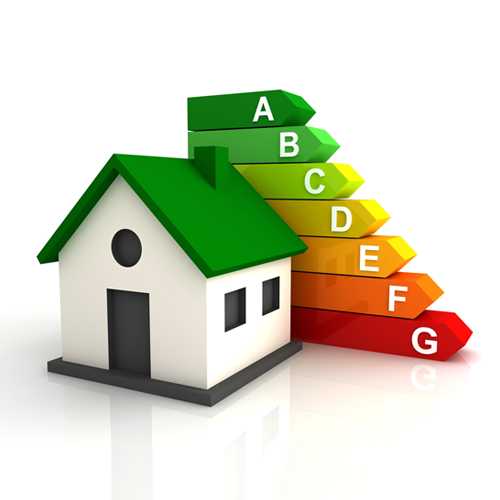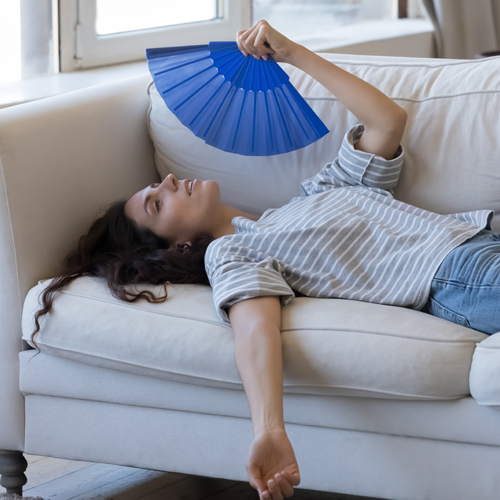COOLING
Comfort Cooling
For most of us, cooling is all about comfort, a means of being able to control the temperature in a car, our workplace or home. But even more importantly, it can help counteract the effects of global warming, where climate change is having a negative impact on our physical health and mental well-being.
With temperatures regularly exceeding 300C each year, it is apparent that the ability to stay cool during our summer months is now equally important to keeping ourselves warm in winter.


Conventional Cooling
Appliances
Whilst cooling fans, evapourative coolers and portable air conditioners provide a temporary low-cost cooling solution for many households they can be noisy, inefficient and bulky.
By comparison, a professionally installed air conditioning system provides a more permanent solution that offers superior efficiency and low noise operation, which can be high or low-wall mounted to save vital floorspace.
Measuring Cooling
Efficiency
The cooling efficiency of an air conditioner system is determined by the “Seasonal Energy Efficiency Ratio” or SEER rating, which is normally recorded within a systems specifications details.
Typically, a system with a relatively low SEER rating of around 7.0 will still produce 7kw of useable cooling energy for every 1kWh of electricity it uses, whereas a more efficient system, with a SEER rating of 8.6, will produce 8.6kw of cooling.
When choosing an air conditioner for your home, it is worth remembering that the higher the SEER rating, the lower your running costs, and the cheaper it will be to cool your home.


How does heat & humidity
affect us?
When temperatures exceed 34°C we can start to experience muscle cramps and mild exhaustion, but when temperatures exceed 40°C we become exposed to more serious health issues such as swelling, fainting and heatstrokes.
High humidity is another cause for concern, as it prevents the human body from regulating its own cooling process through sweating. When humidity levels are high, excess water vapour in the air around us prevents sweat from evaporating.
One of the many benefits of an air conditioner is that it can regulate humidity, which occurs naturally as it operates in cooling mode, or optional using the "Dry" mode, where most systems can remove as much as 1.5 litres of water per hour.
Pet Care in Summer
According to a report by the RSPCA, when the temperature outside is just 22°C, the temperature inside a car, conservatory, caravan or similar environment can rapidly increase to 47°C. Not surprisingly, temperatures at this level can be fatal to pets, if left unattended, even for a short period of time
Heatstroke is one of the most common illnesses a pet can experience during warm weather conditions, it can occur, for example, when a dog is no longer able to regulate its own body temperature. Symptoms include excessive panting and drooling, noticeably red gums, vomiting, diarrhoea and weakness.
For more information on how to protect your pets this summer, visit the seasonal advice and welfare page on the RSPCA website.



